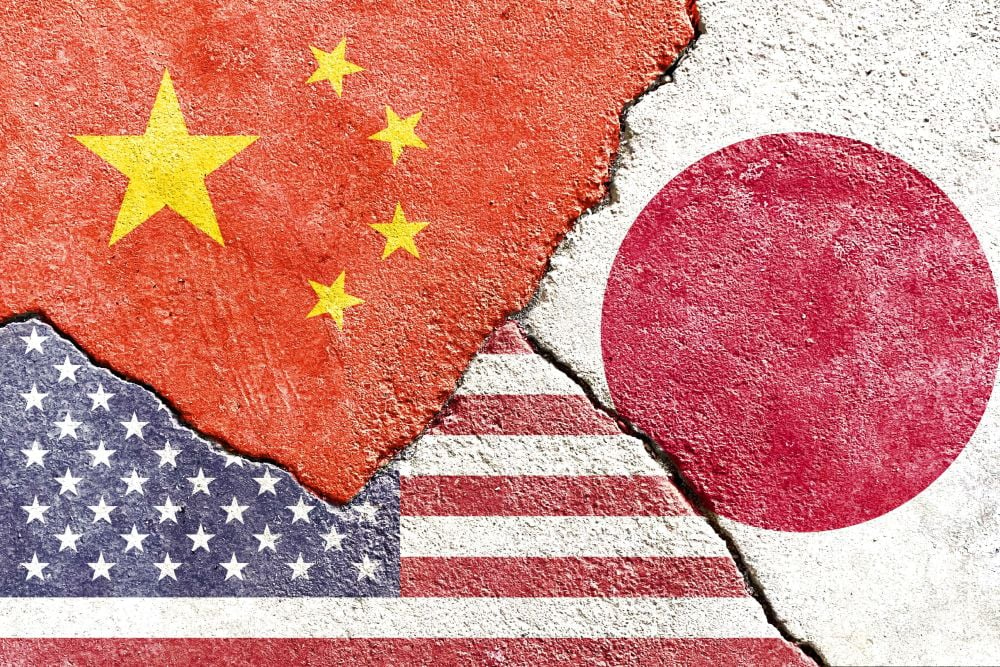
Corporate CFOs and treasurers in the dynamic and competitive region of Asia have been seeking new ways to improve their internal business processes to support commercial growth. One outcome has been the increasing adoption of instant payment schemes across several markets in the region.
With the surge in digital transactions since the pandemic, instant payment volumes across different domestic schemes have been steadily on the rise. Hong Kong’s FPS (Faster Payment System), for example, registered an average annual rise of 71% and 41% respectively in its daily Hong Kong dollar real-time transaction volume and value over the past five years.
Corporates are keen on exploring the opportunities presented by the growing popularity of instant payments. “There are many reasons why instant payments are becoming favoured these days. One push is coming from the financial regu-latory side while the other driver is the facilitation of e-commerce services,” observes Rachel Whelan, APAC head of corporate cash management & global head of payments & transactional FX at Deutsche Bank. “In APAC we are seeing the regulatory push coming from the likes of China and India. In the case of India, the Reserve Bank of India is looking at facilitating financial inclusion for the unbanked population of the country.”
For businesses, instant payments can offer a range of benefits such as having lower operational costs and real-time visibility over transactions. More importantly, instant payments improve the overall end-user experience by providing immediate gratification in terms of payments certainty as well as instant rebates or refunds.
“We do see the need for some of our clients to be relevant in this space, especially when their end clients or value chains start to evolve. That is why we are here to support these clients as we enable them to do real-time treasury, helping them adjust to the evolution of ecosystems,” shares Whelan. “Our use cases are mainly on our new economy and fintech clients where they are trying to differentiate themselves or have a unique offering to their end clients.”


APAC head of corporate cash management
and global head of payments & transactional FX, Deutsche Bank
Embedded solutions
Aiming to add value to their APAC active clients, banks such as Deutsche Bank have been enhancing their instant payments services by investing in their technology stack, making it cloud-ready, API (application programming inter-face) enabled, and volume-agnostic.
“We are streamlining the processes and making them very much API-enabled. That instant payment nature has to have embedded solutions with our clients in relation to plugging back into their ERP/TMS (enterprise resource planning/treasury management system) and into their end-to-end workflows,” says Whelan.
Deutsche Bank has established an instant payment roadmap for the APAC region, which is now live in markets such as India, Thailand, Singapore, Malaysia, Sri Lanka, Hong Kong, and South Korea with Indonesia added this year and Vietnam, the Philippines and Australia to be rolled out soon.
As part of its move to embed instant payment capability in the treasury function of clients, the bank is integrating real-time FX services to allow cross-border payments in different currencies.
One notable example is Deutsche Bank’s partnership with XTransfer, a fintech that is providing China-based merchants the ability to sell their products globally while being able collect in the local currency. In Thailand, Deutsche Bank was able to help XTransfer execute its first onshore Thai baht trade earlier this year under the Bank of Thailand’s latest non-resident qualified company rules, allowing the fintech to receive local payments from Thai buyers on behalf of export companies with embedded conversion from Thai baht to Hong Kong dollar and Chinese renminbi.
The bank’s instant payments programme in the region continues evolve, and is now able to cater to different client use cases and regulatory requirements. It has enhanced stability, availability and client experience through APIs and other digital access channels.
Forging linkages
While there are many benefits to be derived from instant payments adoption, there are also risks, including the increased possibility of fraud given the pace of transaction flow. To prevent this, Deutsche Bank has put in place systems such as payment pre-validation linked to instant payments.
“Since we now have all these real-time payment rails, you can see concerns around security being a topic. In the UK, for example, there is six times more fraud related to instant payments. We need to solve this within the ecosystem,” highlights Whelan. The good news is that there has been progress in the SEPA (Single Euro Payments Area) regulation, in which real proof of confirmation with validation is needed for the end beneficiary.
“As part of the SEPA regulations, we will need to ramp up our infrastructure on anti-money laundering and monitoring to deal with increased instant transactions. This is a journey we’ll be on our Europe business for the next few years,” she says. “There is an expectation that each channel, regardless of how the client would interact with us, would need to be able to take instant payments, process them from capture all the way to clearing within 10 seconds.
In APAC, the situation calls for dealing with various jurisdictions and protocols, and as a result, financial regulators have started connecting instant payment networks. Singapore’s PayNow, for instance, linked with Malaysia’s DuitNow network late last year, after earlier forging linkages with India’s UPI (Unified Payments Interface) and Thailand’s PromptPay.
Around the same time, Hong Kong’s FPS also linked with Thailand’s PromptPay. Hong Kong is also part of the exciting mBridge project with the central banks of China, Thailand and the United Arab Emirates, through which they are looking to develop a common platform for multiple central bank digital currencies for future wholesale cross-border payments.
“I do definitely see that cross regional or cross-border need becoming more prominent, however more joined up work needs to done in solving for it. We want to be able to connect these instant payment schemes together,” Whelan stresses. “There needs to be a big push on standards such as message protocols, and there are also expectations on the different parties involved, whether it be about different schemes in different countries or how we are helping them from a bank perspective to facilitate that as well. There needs to be a dialogue across the regulators and the banks in the region.”
Whelan, however, cautions that although there is demand for instant payments at any time, the market infrastructure is not currently built to cater to such requests. “We don’t have an FX market that is 24/7 and we don’t have clearing houses that are 24/7. We need to look at how we could solve the 24/7 nature of the economy,” she says.








